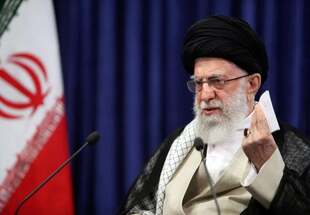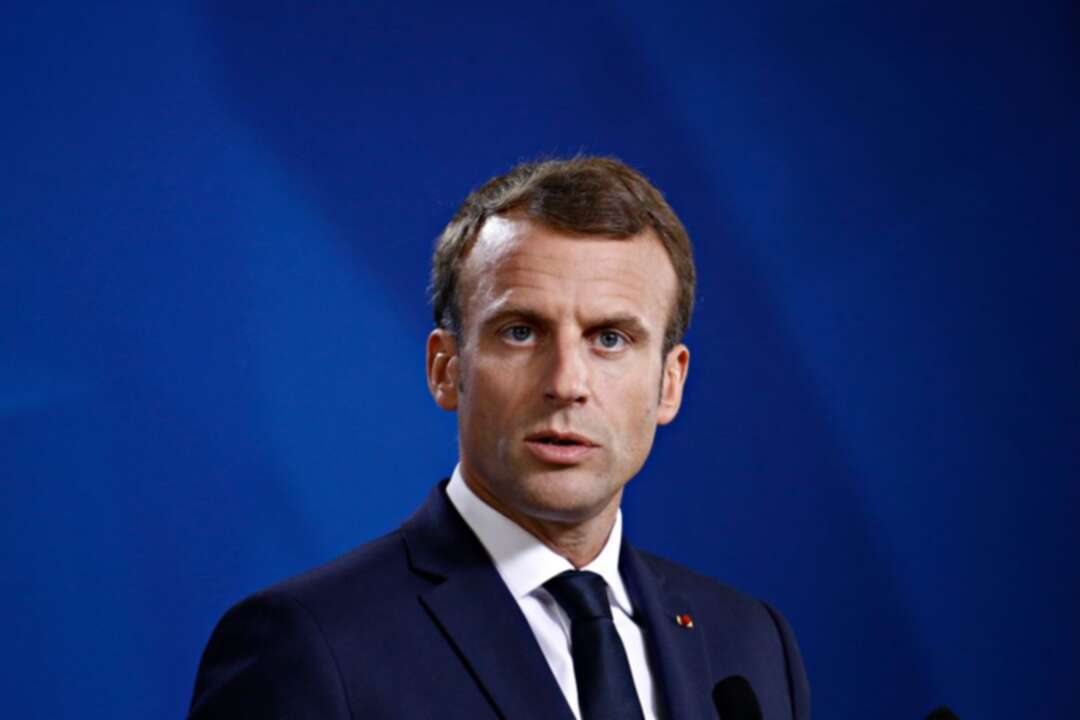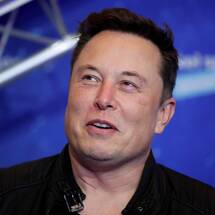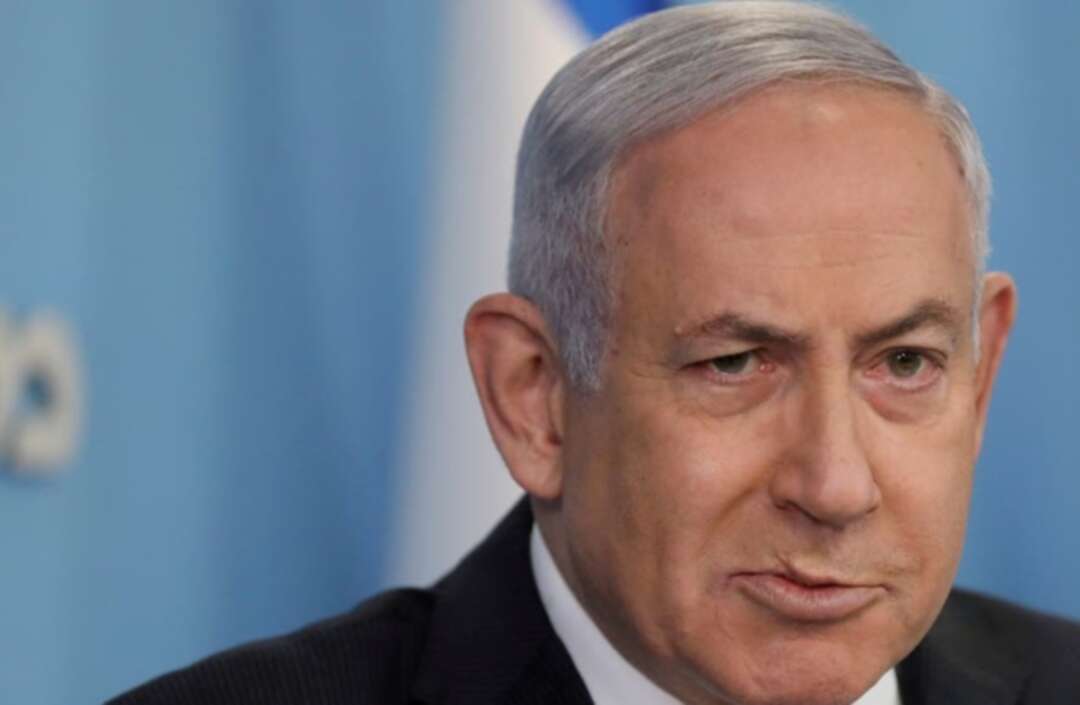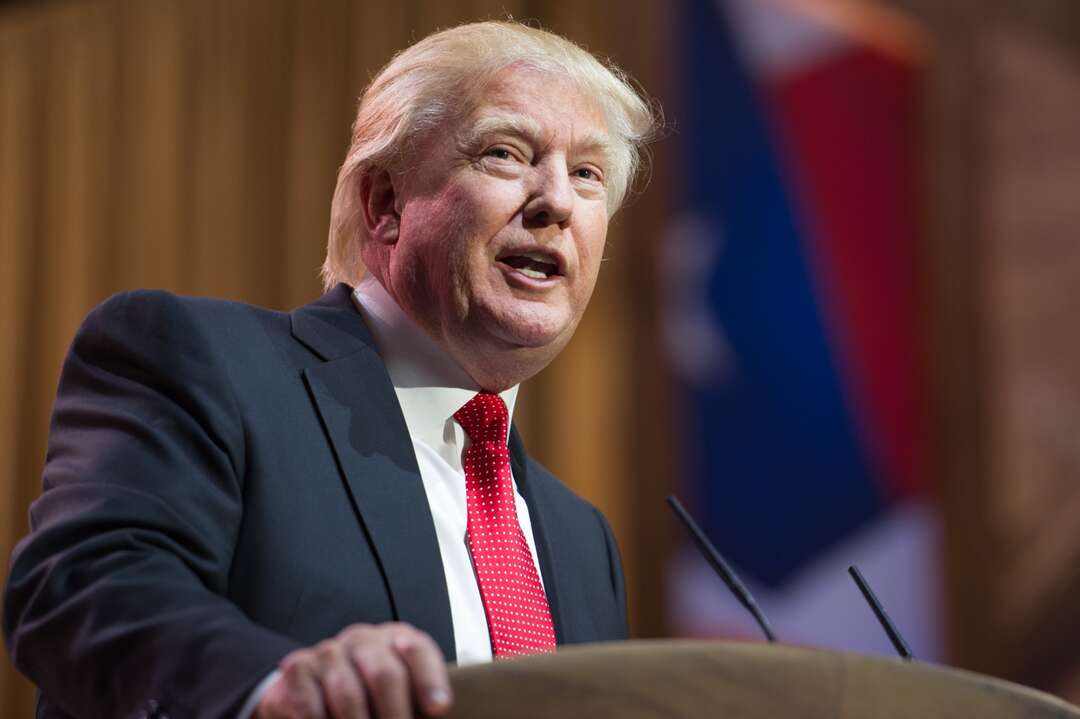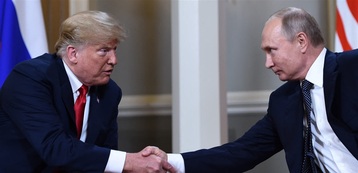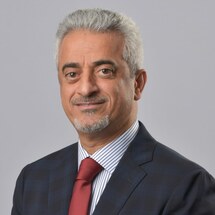-
Russian opposition leader Navalny says he will return to Russia on Sunday
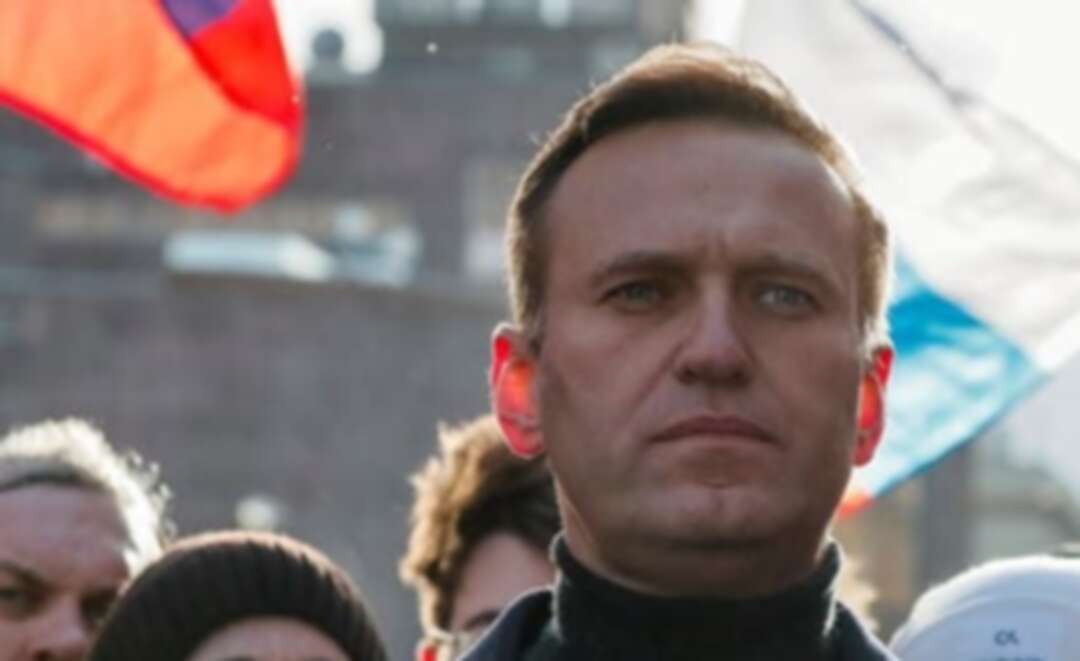
Russian opposition leader Alexei Navalny said on Wednesday he planned to return to the country on Sunday from Germany, where was recovering from a poisoning attack, despite facing a threat of jail.
The 44-year-old Kremlin critic wrote on Instagram that he had booked a flight that will arrive in Russia on January 17.
“There was never any question of ‘returning or not’ for me. Simply because I didn’t leave. I ended up in Germany... for one reason: they tried to kill me,” the anti-graft campaigner wrote on Instagram.
Navalny has been in Germany since late August after he fell violently ill on a flight from Siberia to Moscow and was hospitalized in the city of Omsk. He was then flown out to Berlin in an induced coma.
Western experts concluded that Navalny was poisoned using the Soviet-designed nerve agent Novichok.
Navalny insists the attack was carried out by Russia’s main security agency, the Federal Security Service (FSB), on the orders of President Vladimir Putin.
The Kremlin denies any involvement.
“I survived. And now Putin, who gave the order for my murder, is... telling his servants to do everything so that I do not return,” Navalny added.
Navalny and his allies have accused the Kremlin of trying to block Navalny’s return to Russia by threatening him with jail.
On Tuesday, papers were filed with a Moscow court asking for a 2014 suspended sentence Navalny received after a trial denounced as unjust by European judges to be converted into jail time.
Russia’s prison authorities have accused Navalny of breaking the terms of his probation by remaining abroad after he was discharged from hospital in Berlin in September.
In December, Russian investigators also launched a criminal probe into Navalny’s alleged use of more than $4 million of donations for personal purposes.
source: AFP
Image source: Reuters
Levant
You May Also Like
Popular Posts
Caricature
BENEFIT Sponsors BuildHer...
- April 23, 2025
BENEFIT, the Kingdom’s innovator and leading company in Fintech and electronic financial transactions service, has sponsored the BuildHer CityHack 2025 Hackathon, a two-day event spearheaded by the College of Engineering and Technology at the Royal University for Women (RUW).
Aimed at secondary school students, the event brought together a distinguished group of academic professionals and technology experts to mentor and inspire young participants.
More than 100 high school students from across the Kingdom of Bahrain took part in the hackathon, which featured an intensive programme of training workshops and hands-on sessions. These activities were tailored to enhance participants’ critical thinking, collaborative problem-solving, and team-building capabilities, while also encouraging the development of practical and sustainable solutions to contemporary challenges using modern technological tools.
BENEFIT’s Chief Executive Mr. Abdulwahed AlJanahi, commented: “Our support for this educational hackathon reflects our long-term strategic vision to nurture the talents of emerging national youth and empower the next generation of accomplished female leaders in technology. By fostering creativity and innovation, we aim to contribute meaningfully to Bahrain’s comprehensive development goals and align with the aspirations outlined in the Kingdom’s Vision 2030—an ambition in which BENEFIT plays a central role.”
Professor Riyadh Yousif Hamzah, President of the Royal University for Women, commented: “This initiative reflects our commitment to advancing women in STEM fields. We're cultivating a generation of creative, solution-driven female leaders who will drive national development. Our partnership with BENEFIT exemplifies the powerful synergy between academia and private sector in supporting educational innovation.”
Hanan Abdulla Hasan, Senior Manager, PR & Communication at BENEFIT, said: “We are honoured to collaborate with RUW in supporting this remarkable technology-focused event. It highlights our commitment to social responsibility, and our ongoing efforts to enhance the digital and innovation capabilities of young Bahraini women and foster their ability to harness technological tools in the service of a smarter, more sustainable future.”
For his part, Dr. Humam ElAgha, Acting Dean of the College of Engineering and Technology at the University, said: “BuildHer CityHack 2025 embodies our hands-on approach to education. By tackling real-world problems through creative thinking and sustainable solutions, we're preparing women to thrive in the knowledge economy – a cornerstone of the University's vision.”
opinion
Report
ads
Newsletter
Subscribe to our mailing list to get the new updates!

